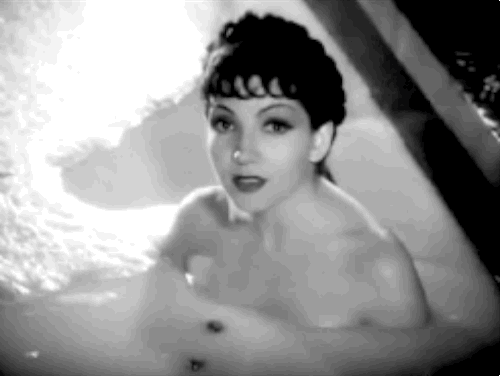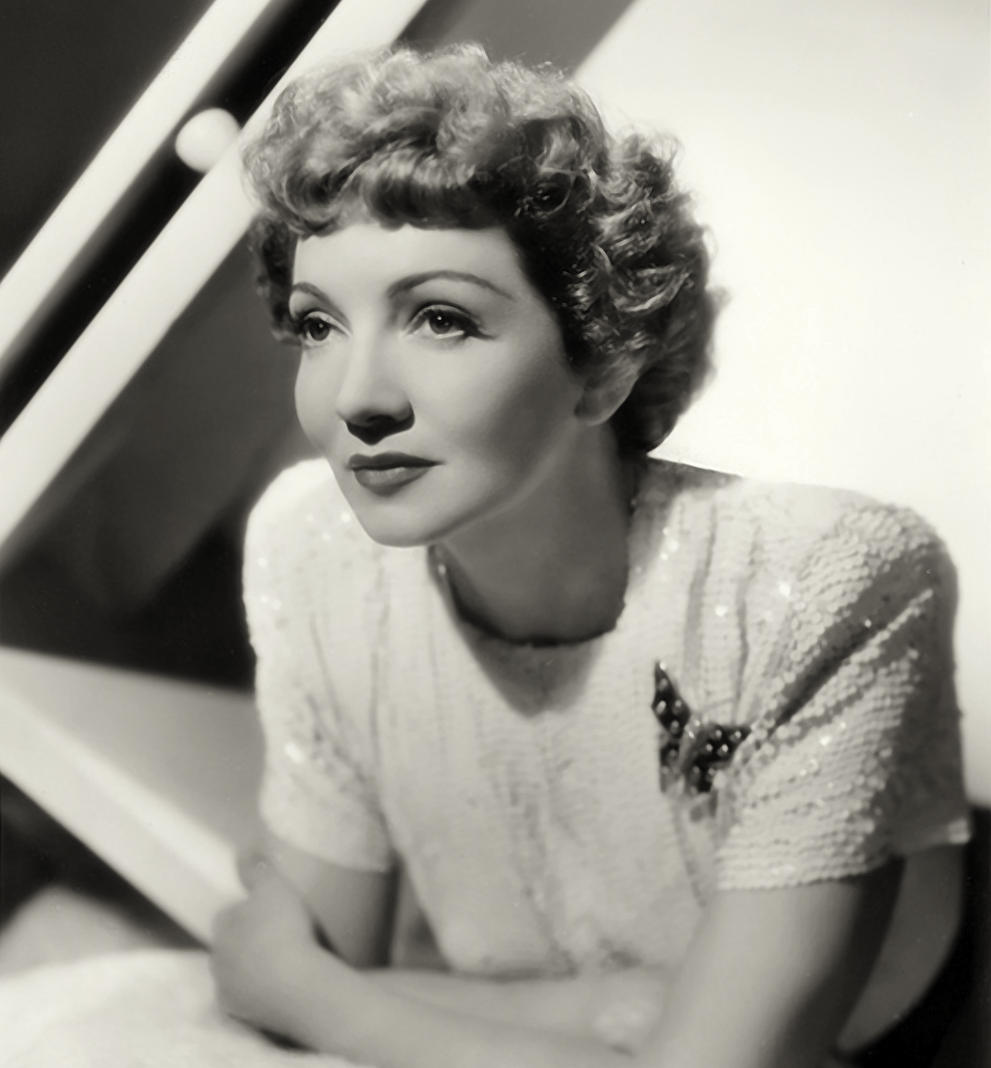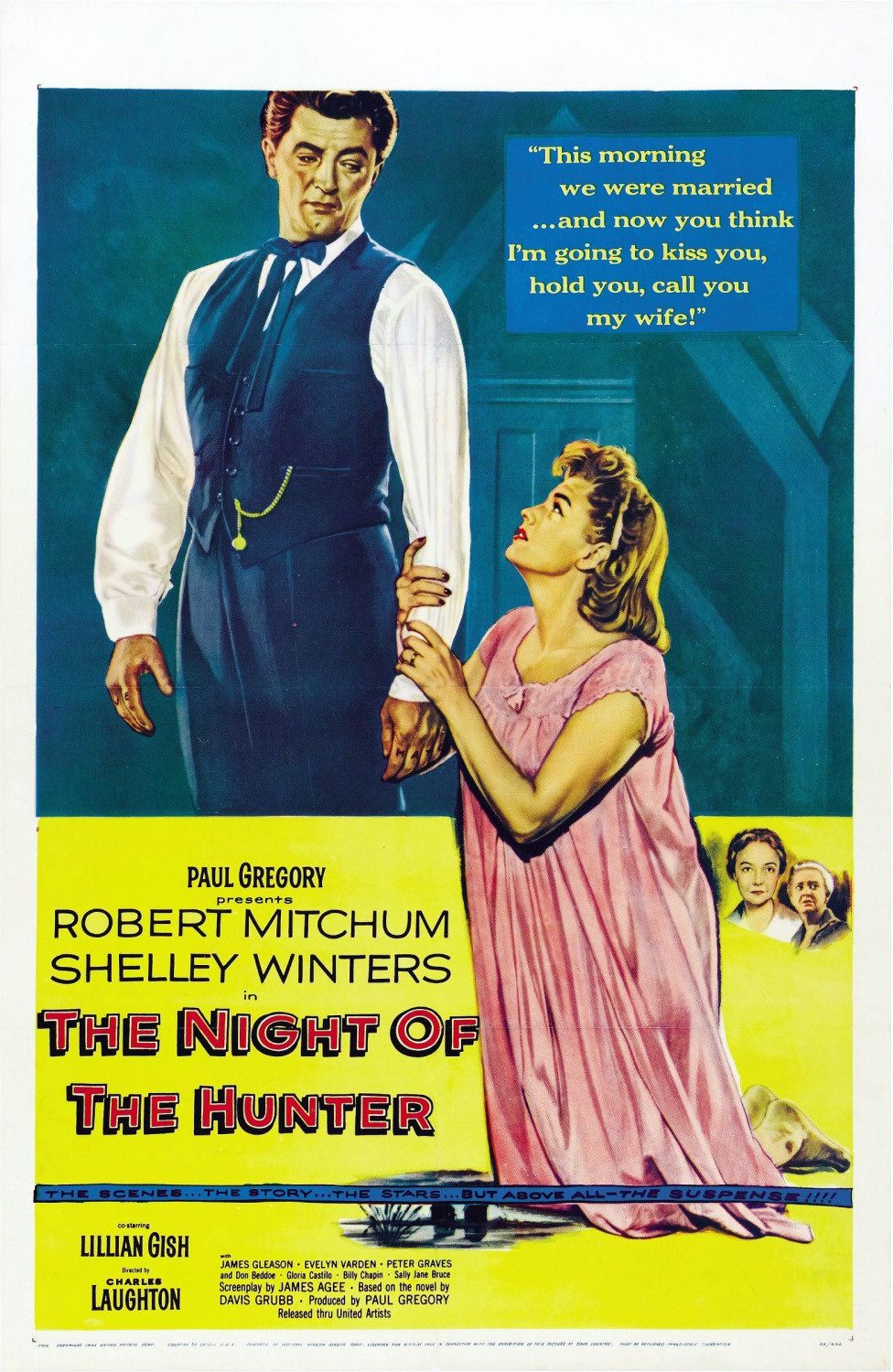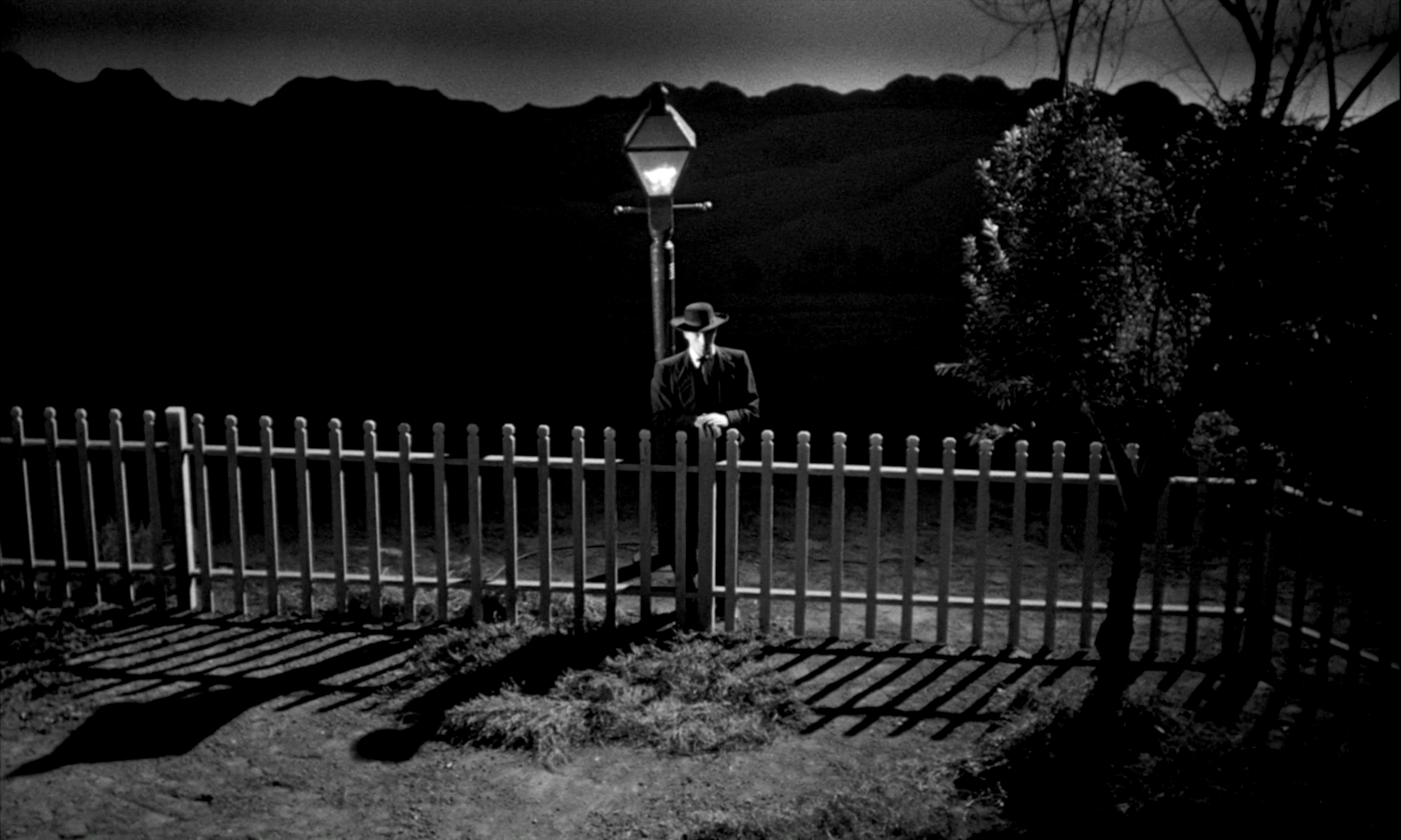"Get in here and tell me all about it."
 Thursday, September 13, 2018 at 2:36PM
Thursday, September 13, 2018 at 2:36PM by Jason Adams

Why not celebrate the 115th anniversary of the birth of Claudette Colbert today by taking a warm milk bath and then watching Cecille B Demille's infamously lascivious 1932 film The Sign of the Cross? The whole thing is online right here. One of my favorite things about this movie - besides Colbert, and besides Fredric March in short skirts, and besides Charles Laughton as a leering bisexual Nero (that's a lot of besides!), is this story about how Colbert got cast:
“On my way out of the executive offices at Paramount one day,” said DeMille, “I met a young actress named Claudette Colbert. She’d not done much, just playing pansy roles.” Colbert’s most recent part was as George M. Cohan’s daughter in The Phantom President. “I was bored with these roles,” recalled Colbert. “Because I happened to look like a lady, that’s all they wanted me to play.”
“I think they’ve got you wrong,” DeMille told her. “You should not be playing these little girls. To me you look like the wickedest woman in the world. Would you like to play her?” “I’d love to!” replied Colbert. “Claudette’s test was the shortest on record,” said DeMille. He brought her and Fredric March to a soundstage. “You harlot!” said March. “I love you,” said Colbert with a half-smile and a shrug. “That’s enough,” said DeMille from the camera. “You have the part.”
 Colbert of course went and became a huge star after this - I just caught some of the 1934 version of Imitation of Life on TV the other day and while I vastly prefer Sirk's 1959 version with Lana Turner (not to mention Peak Hotness John Gavin) Colbert is always worth watching.
Colbert of course went and became a huge star after this - I just caught some of the 1934 version of Imitation of Life on TV the other day and while I vastly prefer Sirk's 1959 version with Lana Turner (not to mention Peak Hotness John Gavin) Colbert is always worth watching.
What are your favorite Claudette Colbert moments?






